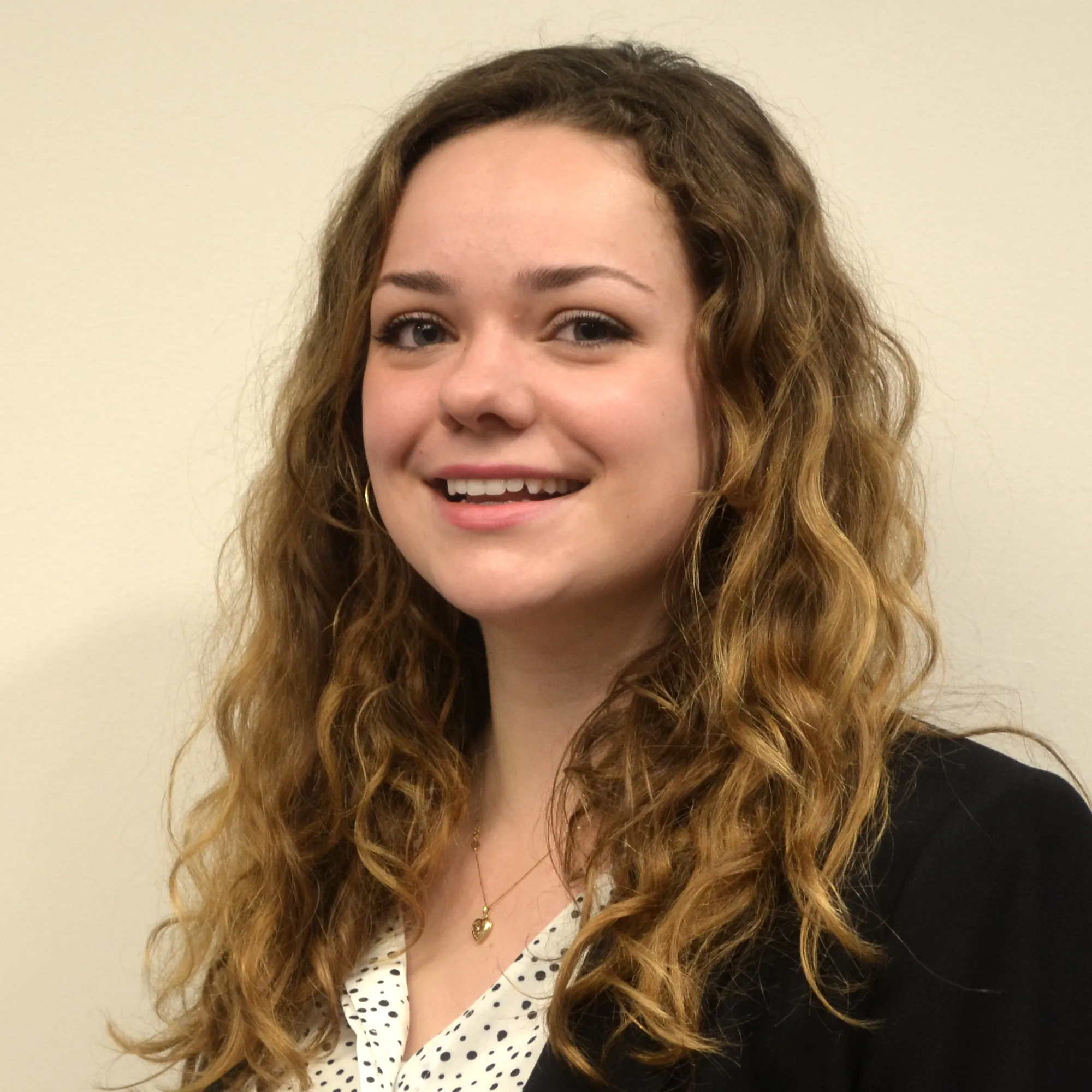
Fresh out of the Tulane School of Liberal Arts, Fiona Grathwohl is already on an interesting, international career path. She is a research assistant at The Fund for Peace (FFP), a think tank in Washington, D.C., while preparing for a Peace Corps posting in Ghana scheduled for 2021.
I met Fiona in the fall of 2018 when she took my undergraduate "Sustainable Development" course. Her focused interest in food security and public health issues affecting waves of migrants from the Horn of Africa became evident from our first encounters in class. Fiona’s project investigated options for sustainable water systems in refugee camps. She continued to explore her passion for the region in my "Identity and Development" course, writing an impressive research paper on the Somali Bantu identity.
“My international development background gave me a wide enough experience in different fields with transferable skills,”
- Fiona Grathwohl (SLA '19)
I recently caught up with Fiona, who graduated in December 2019. She told me that the opportunity to look at issues of public health and migration using an international and interdisciplinary lens is what made international development an attractive option for her.
International development (now Political Science-International Development) gives students the opportunity to examine unequal social, economic, and political development around the world and what might be done to improve the livelihoods of people in the Global South as well as underprivileged communities in the United States. The major enables students to deepen their knowledge of at least one region (Latin America, Africa, Middle East, or Asia), offering in-depth study of policy areas, such as poverty, migration, human rights, transitional justice, gender, foreign aid, food and agriculture, health, and environmental sustainability.
“My international development background gave me a wide enough experience in different fields with transferable skills,” Fiona says. She emphasizes the importance of semester-long research projects where students identify a development issue of personal interest, investigate the problem, and come up with concrete solutions: “Problem-solving wasn’t really a part of my other majors, but it is something that I've been able to talk about in my job applications. The critical-thinking approach combined with learning how to develop tangible solutions is the most unique part of the major. I've definitely been very proud of my work at the end, even if it was overwhelming at the beginning. Getting a perfect score on my Identity and Development paper was probably the highlight of my undergraduate career,” she continues. I can attest that a perfect score on a paper in my course is no small feat.
The international development major track is now housed in the Department of Political Science. Interdisciplinary coursework is still at the heart of the major and students can select options from a variety of departments and programs. This enabled Fiona to combine her thematic interests in international affairs with her passion for reading and writing and her curiosity about different business practices. She has a double major in International Development and English, and a minor in the School of Liberal Arts Management program. She notes that this combination of majors and minors provided flexibility while empowering her with tangible skills.
Fiona credits her liberal arts education for thriving at The Fund for Peace. She learned about the organization from my colleague and senior professor of practice in international development, Dauphine Sloan. “Professor Sloan actually required everyone in her Migrants, Refugees and Development course to quote the Fragile States Index [an annual report published by FFP] in their papers.” Fiona is thrilled to have the opportunity to work on the 2020 Fragile States Index, researching last year’s events in different countries and assessing whether the security situation had gotten better or worse, a responsibility that she says is rarely delegated to those in early stages of their careers.
Fiona will soon experience what I believe is the most rewarding aspect of being in international development: fieldwork. She is scheduled to go to Ghana in January 2021 as a Public Health Extension Agent with the Peace Corps. Having spent years conducting research on the African continent, I am excited to see Fiona gain on-the-ground experience once Covid-19 travel restrictions are lifted and international operations resume.
Izabela Steflja came to Tulane in 2016 after conducting extensive fieldwork in East and Central Africa and the Balkans. She is a Professor of Practice in the Department of Political Science and holds a DPhil in Comparative Politics from the University of Toronto. Her research interests lie at the intersection of international criminal law and international development. Most recently, she coauthored a book entitled Women as War Criminals: Gender, Agency and Justice (forthcoming in fall 2020, SUP). She teaches a wide variety of courses in the department, including Development Issues and Strategies, and Identity and Development, as well as courses on women and development, and transitional justice. Professor Steflja is also the new Faculty in Residence in Wall Residential College.

